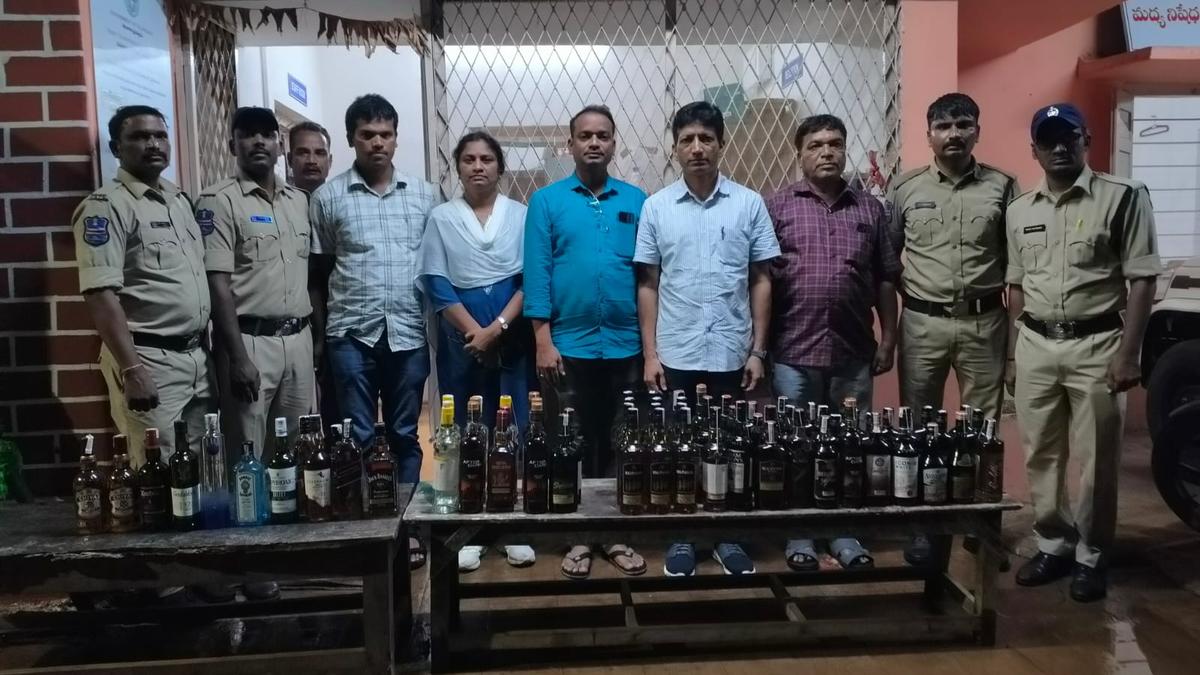In the dusty lanes of Gujarat’s Kasara village, Kankrej taluka in Banaskantha district, the hum of milking machines has become the sound of prosperity. Maniben Jesung Chaudhary, 65, transformed her modest cattle shed into a model of cooperative-driven success. Supplying nearly 1,100 litres of milk daily to the Patelvas (Kasara) Milk Producers’ Cooperative Society, Ms. Chaudhary sold 3.47 lakh litres of milk worth ₹1.94 crore in 2024-25, earning her second place in Banaskantha’s prestigious “Best Banas Lakshmi” category.

From just a dozen cattle in 2011, Ms. Chaudhary’s herd has now grown to 230, including Banni, Mehsani, and Murrah buffaloes, HF cows, and indigenous Kankrej breeds. Her family plans to add 100 more buffaloes this year, aiming to cross ₹3 crore in milk sales. She also received a certificate of recognition at the recently held general meeting in Badarpura, Banaskantha.
Ms. Chaudhary’s youngest son, Vipul, said, “With proper guidance from Banas Dairy, we are progressing well in this field. In 2011, we had only 10 to 12 cows and buffaloes, which has now grown to over 230. At present, we have 140 adult buffaloes, 90 cows, and about 70 calves. This year, we plan to purchase 100 more buffaloes to boost milk production. By the end of the year, we are preparing to sell milk worth over ₹3 crore.”
Currently, about 16 families are associated with Ms. Chaudhary in animal husbandry activities. Milking of cows and buffaloes is carried out with the help of modern machinery, while family members actively contribute to every aspect of the work. Vipul said, “All three of us brothers are graduates and fully engaged in this work. As incomes in animal husbandry continue to rise, many young people will be encouraged to take up this profession.”
In Gujarat, women play a pivotal role in the animal husbandry sector through dairy cooperatives and self-help groups. Of 16,000 milk producers’ societies, around 4,150 are run by women, with over 11 lakh women members statewide. At Banas Dairy alone, women supply milk worth over ₹50 lakh annually, driving both self-reliance and community prosperity.



.png)
.png)
.png)
















 3 hours ago
5
3 hours ago
5









 English (US) ·
English (US) ·